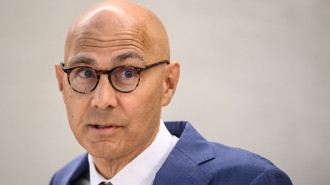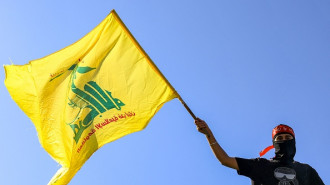World powers discuss ending UN sanctions on Iran
World powers have begun talks about a United Nations Security Council resolution to lift UN sanctions on Iran if there is a deal with Tehran about its nuclear programme, Reuters has reported.
This could make it harder for Republicans and the US Congress to undercut the deal, Western diplomatic officials said.
The talks, taking place between Iran and the five permanent members of the Security Council - Britain, China, France, Russia and the US - plus Germany, anticipate the resumption of negotiations next week Lausanne, Switzerland, about limiting Iran's nuclear activities.
In addition to a UN arms embargo, there are eight UN resolutions, four of which impose sanctions, banning Iran from enriching uranium and other sensitive atomic work. They also prevent Iran from buying and selling atomic technology or anything linked to ballistic missiles.
For Iran, their removal is essential because such UN measures provide a legal basis for tougher American and European Union measures. UN bans on enrichment and other nuclear work are often used by the US and EU to justify the imposition of further penalties on Iran.
However, a nuclear deal with Iran would not be legally binding, John Kerry, US Secretary of State, told Congress on Wednesday.
This point was made in a controversial open letter by 47 Republican senators sent on Monday to Iran's leaders asserting any deal could be discarded once President Obama leaves office in January 2017.
A Security Council resolution on a nuclear deal with Iran could, however, be legally binding, Western diplomatic officials told Reuters. That could make it difficult for Republicans in Washington to undo an agreement later on.
"There is an interesting question about whether, if the Security Council endorses the deal, that stops Congress undermining the deal," a Western diplomat told Reuters.
Western officials said Republicans might be deterred from undermining any deal if the Security Council unanimously endorses it and shows that the world is united in favor of a diplomatic solution to the 12-year stand-off.
Concerns that Republicans would try to undermine the nuclear agreement were triggered by the open letter and by Israeli Prime Minister Netanyahu's address to Congress on 3 March, at the Republicans' invitation, which strongly attacked a nuclear deal with Iran.
The so-called P5 +1 countries and Iran are due to complete a deal by the end of March and draw up a full agreement by 30 June. Iran is to limit its nuclear activities for at least ten years, in return for the gradual removal of international sanctions.

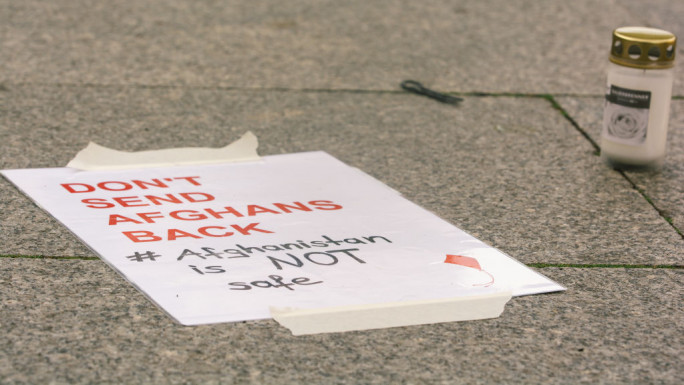
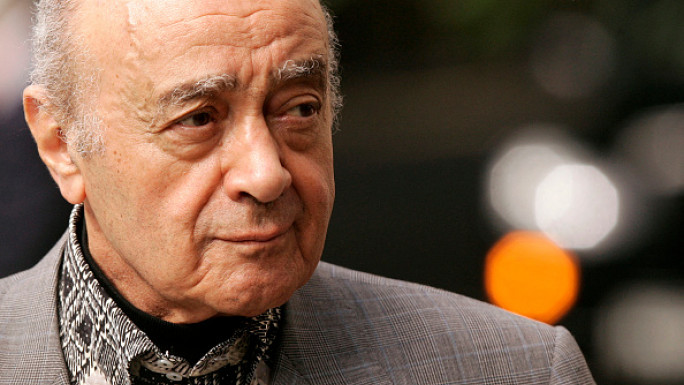

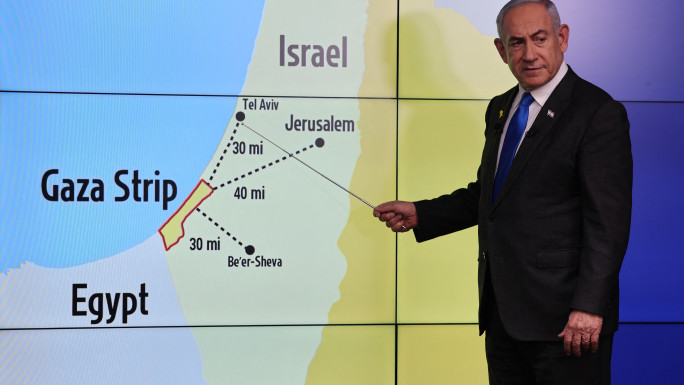
![gaza hospital [getty]](/sites/default/files/styles/image_684x385/public/media/images/04CAB42E-7AB3-4448-B45F-B0E1D7D43091.jpg?h=d1cb525d&itok=XYFJ5dpl)

